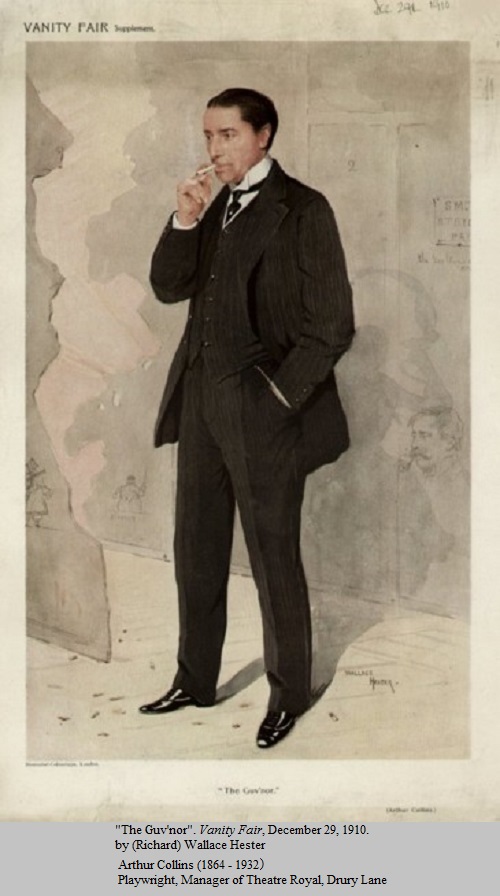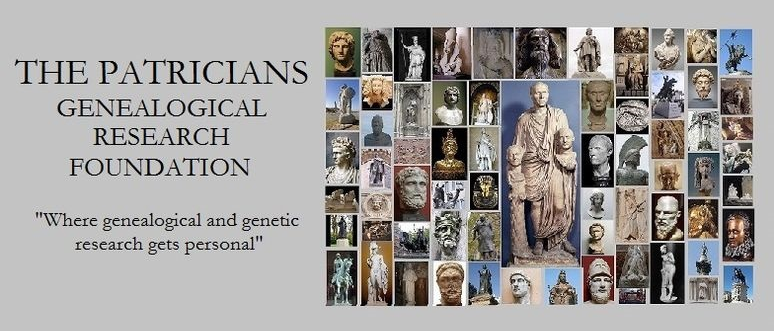









First published in 1868, Wilkie Collins’ novel The Moonstone is generally regarded as the first detective genre novel in the English language. T. S. Eliot deemed it “the first, the longest, and the best of modern English detective novels in a genre invented by Collins and not by Poe.” The Moonstone and many of his other novels are still popular and continue to receive rave reviews.
The screenplays of three movies (1909, 1915 & 1934) and a BBC Masterpiece Theatre television series (1959) were all adapted from the novel. In 2012 the BBC commissioned a new adaptation of the work for airing as a television series (release date unknown).
Wilkie is named as one of the writer-contributors of the 1887 edition of Dictionary of National Biography . Compiled alphabetically by surname lineages, the general reference tome features biographical and genealogical information about illustrious personages of British history. Both Rev John Collins and Dr Samuel Collins, as aforementioned, received individual attention in the section of Vol. XI (pp. 363-383 ) devoted to the COLLINS lineage.
Charles Dickens and Wilkie first met when the latter studied law at Lincoln’s Inn in 1851. They became fast friends and eventually literary collaborators, including the stage play No Thoroughfare and The Dickens-Collins Christmas Stories .
His brother, Charles Collins, married married Dicken’s daughter, Kate.
Mabel Collins (1851 – 1927), theosophist and prolific novelist, may have had a brush with Jack the Ripper. According to Aleister Crowley, occult journalist Roslyn D’Onston was her paramour at the time of the murder of East End prostitutes between 1888 and 1891. Owing to his writings on the black arts, peculiar behavior and the ritualistic nature of many of the murders, he was contemporarily considered a prime suspect as the infamous serial killer by Scotland Yard. Mabel’s own experience before she brushed him off suggests his culpability shouldn’t have been later dismissed by police investigators.
Playwright Arthur Collins managed Theatre Royal, Drury Lane from 1869 to 1923. He assumed the position after playing the principal role in saving the theatre building from demolition to make way for a potato market planned on the Covent Garden site . The Royal Theatre, Drury Lane celebrated its 350th anniversary in 2013.
The Crown enfranchised antiquarian and genealogist Arthur Collins, Colonel David Collins to compile the first-ever comprehensive historical genealogical record of English peerage. The resulting Collins’s Peerage of England was first published as a single volume in 1708. Sir Samuel Egerton Brydges, 1st Baronet (1762 – 1837), republished a greatly enhanced and expanded version in 1812 under the same title. Irish genealogist John Burke took the project to an entirely new level with the publication of Burke’s Peerage & Baronetage in 1826.
The following lists of our most noted literary representative:
An Collins (fl 1650) English theological essayist
Anthony Collins (1676 – 1729) English philosopher and essayist
Arthur Collins (1682 –1760) English antiquarian, genealogist, historian, publisher of Collins’s Peerage of England
Arthur Worth “Bud” Collins, Jr (born 1929) American journalist, television sportscaster
Charles Allston Collins (1828 – 1873) English painter, illustrator, essayist, brother of novelist Wilkie Collins, son-in-law of Charles Dickens
Clarence Lyman Collins (1848 – 1922) , author of Collins Memorial
Courtney Collins contemporary Australian novelist
Dan Collins American journalist, senior producer for CBS News.com
Doug Collins (1920 – 2001) British-born Canadian journalist
Gilbert Henry Collins (1890 – 1960) British novelist
Hercules Collins (died 1729) English minister and biblical essayist
Isaac Collins (1746 – 1817) American printer, publisher, bookseller and merchant
John Churton Collins (1848 – 1908) British literary critic, essayist and professor of English literature at Birmingham University
Joseph Edmund Collins (1855 – 1892) Canadian teacher, publisher, journalist and author
Mabel Collins (1851 – 1927) English theosophist novelist
Michael F. Collins (1854 – 1928) American newspaper publisher and politician
Mortimer Collins (1827 – 1926) English poet and novelist
Perry McDonough Collins (1813 – 1900) American entrepreneur, author of A Voyage Down the Amoor
Richard Collins (1545 – 1609) Master, The Worshipful Stationers of London
Samuel Collins (1576–1651) English clergyman and academic, Regius Professor of Divinity at Cambridge and Provost of King’s College, Cambridge, Anglican theological essayist
Samuel Collins (1616 – 1670) British doctor, author of The Present State of Russia
Seward Collins (1899 – 1952) American New York socialite and publisher
Suzanne Collins (born 1962) American television writer and novelist
Tom Collins contemporary Scottish journalist and content editor
Warwick Collins (1948 – 2013) British novelist, screenwriter, yacht designer and evolutionary theorist
Wilkie Collins (1824 – 1889) English novelist, playwright, and short story writer
William Collins (1721 – 1759) English poet
William Collins, Sons Scottish printing company founded in 1819 by a Presbyterian schoolmaster, William Collins
Rev William Lucas Collins (1815 – 1887) Church of England presbyter and essayist
RELATED BLOG ARTICLES
138 Noted Poets, Authors, Playwrights and Publishers
